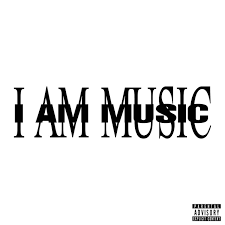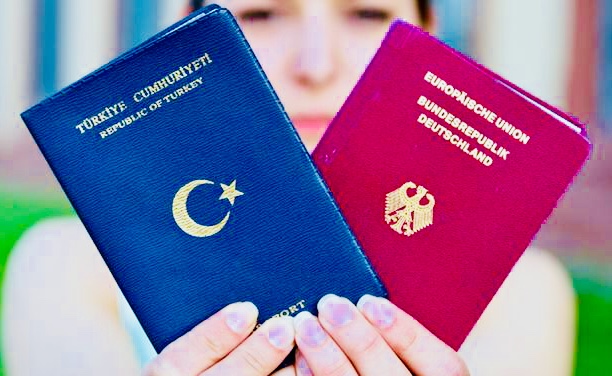Mo Citizenship Mo Problems?
What is dual citizenship really getting you into?
April 16, 2018
Dual citizenship is is an opportunity that spans across the the globe, and is offered by 93 countries. Dual citizenship is possessing citizenship in two different countries at the same time, and is becoming increasingly popular, as is having multiple citizenship, which is possessing citizenship in two or more countries. Currently, in the United States, about a half million, to 5.7 million people have dual citizenship.
Dual citizenship has many benefits, as well as many downfalls. As more and more people choose to obtain dual citizenship, it is becoming necessary to be educated about how it works, and what possibilities you are opening if you choose to obtain dual citizenship.
Let’s start with the good news; there are many incredible opportunities that open up with dual citizenship that would not normally exist with citizenship to only one country.
Dual citizenship is usually followed by two passports – on for each country, which can definitely be useful. Having a passport for both countries eliminates the need for special visas, which would otherwise be required without a passport. Dual citizenship also allows people to work in both countries without the need to obtain a special work permit. Additionally, dual citizenship allows students to pay citizen tuition rates in both countries, without having to apply for a student visa.
Dual citizenship has many cultural benefits as well, including keeping families together, and allowing people to experience full immersion in another culture – allowing people to learn languages, and lifestyles in authentic depth.
Dual citizenship also opens up a plethora of political opportunities that would not otherwise be available. Dual citizenship provides for voting rights in both countries, as well as the ability to hold office in both countries, which opens up more political potential than there would be in only one country. Individuals with dual citizenship also have access to the social service programs of both counties.
Dual citizenship also allows individuals to own and sell property in both countries, and to own property in both countries with the intention of future investments. Seven countries allow citizenship to be purchased through investment, which helps poorer or smaller countries create an economic opportunity, as well as a social one. Similarly, some countries allow individuals to purchase dual citizenship without requiring renouncement, which economically benefits the country.
However, to counter all of the aforementioned benefits of dual citizenship, there is a plethora of downfalls. To start, only 93 countries of the 195 countries in the world allow dual citizenship, so the options are relatively limited in regards to choice of country. As dual citizenship offers the advantage of benefits and privileges of both countries, alternately dual citizenship binds people to the obligations and regulations of both countries, therefore conflicts of interest can occur, as well as confusion.
Some political disadvantages of dual citizenship include the possibility of being drafted in a country that is not the United States, which can result in an immediate and automatic revocation of U.S. citizenship, for which there is little the United States can do. Also, it is more difficult to obtain security clearance to hold a government job in either country with dual citizenship, due to suspicions regarding country loyalty. But perhaps the most extensive disadvantage of dual citizenship is the potential to alter the governmental structure of a country. If enough people that are not from a certain country obtain citizenship to it, then these people could comprise the majority of the country in question, alter the way the government operates and its influence, and even cause a cultural shift within the country, which could result in loss of the original identity of the country.
While dual citizenship has great economic benefits for countries, it can be financially nonviable for individuals. Dual citizenship includes tax obligations for both countries, and it is an expensive and complicated process to achieving dual citizenship. To become a citizen of the United States, you must live there as a permanent resident for five consecutive years, or three if you are married and living with that same U.S. citizen. To apply for permanent residency in the United States, it costs $1,225, plus $725 to file an application for citizenship, in addition to the cost of hiring an immigration lawyer. So all of these costs add up to be fairly expensive.
Dual citizenship has pros and cons, much like every other decision you will make. Perhaps not every advantage or disadvantage of dual citizenship applies to you, which could weigh your opinion on the topic. But being educated about a choice helps give people the resources to make an educated decision. Is dual citizenship something that interests you, and is a good choice for you?






































